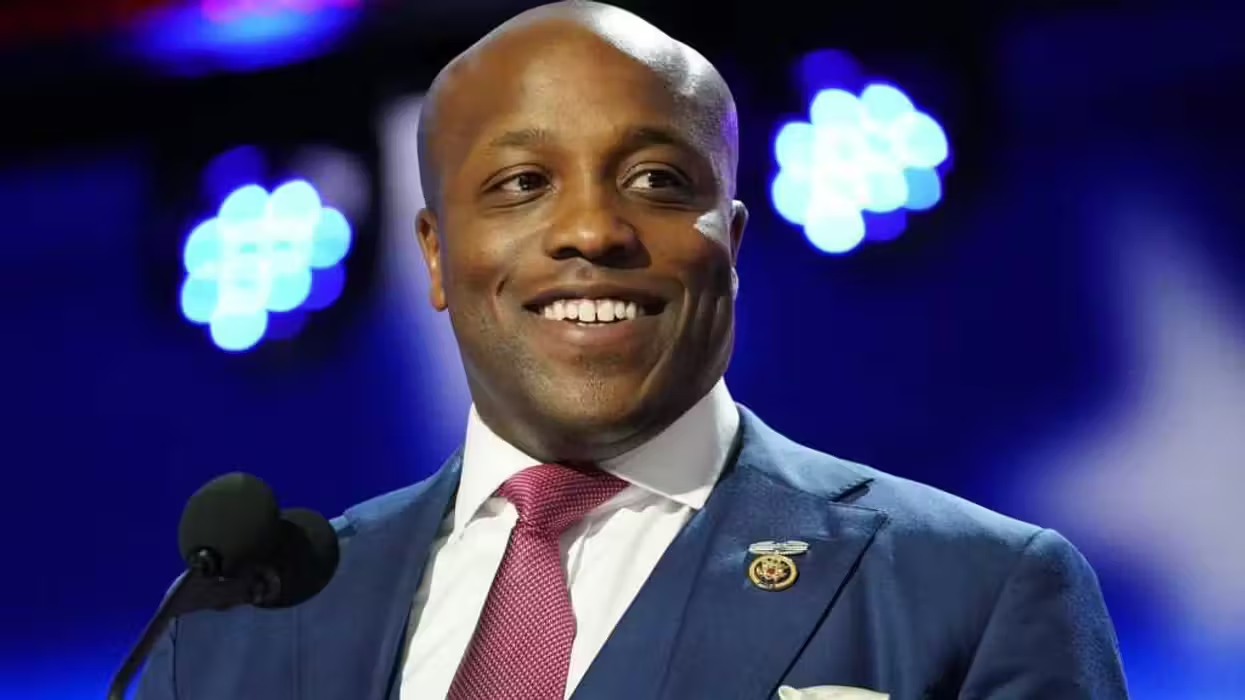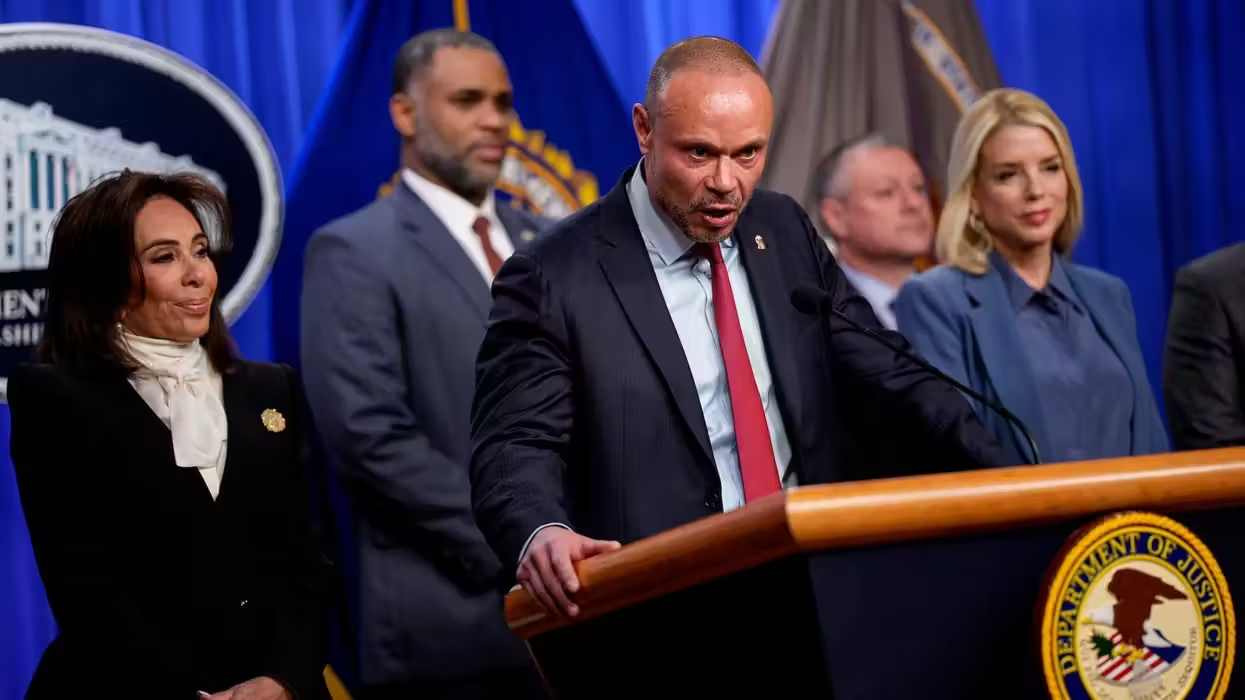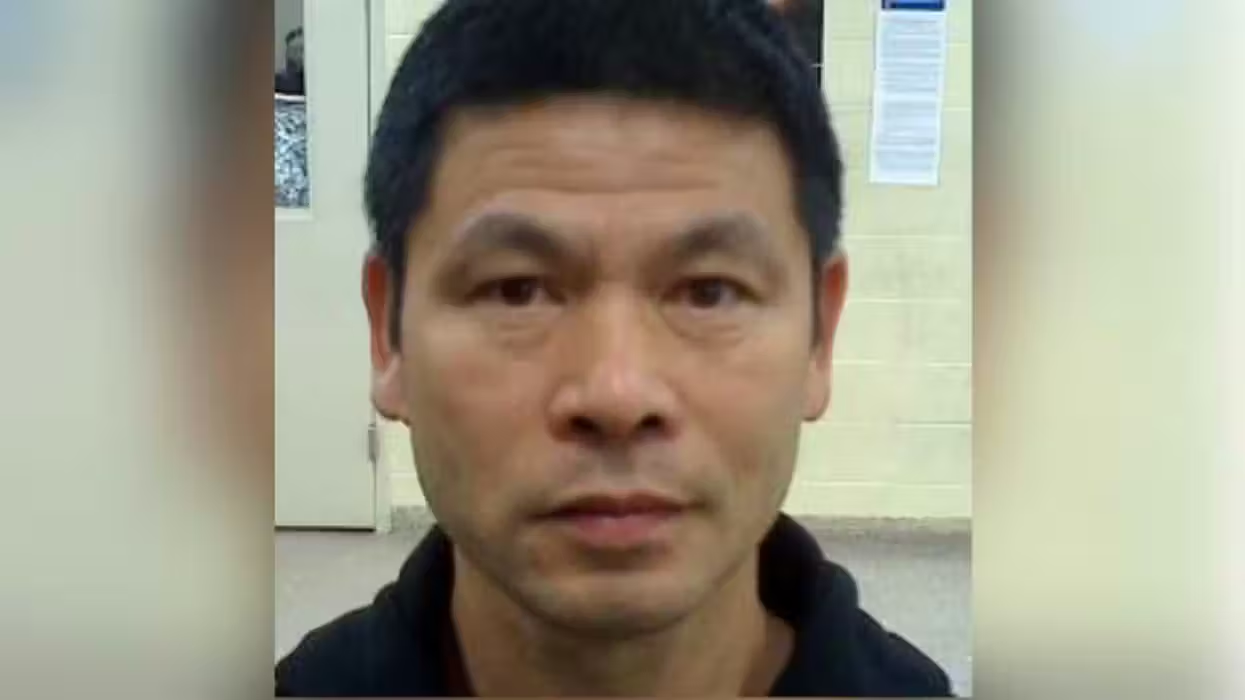
© 2025 Blaze Media LLC. All rights reserved.
"it completely alters the way we deliver our anesthetic technique to patients"
 Although cancer drug shortages have gotten a lot of attention lately, an even larger reaching group of drugs is experiencing a shortage that could affect everything from your dentist doing a filling to more major surgical operations, such as cesarian sections.
Although cancer drug shortages have gotten a lot of attention lately, an even larger reaching group of drugs is experiencing a shortage that could affect everything from your dentist doing a filling to more major surgical operations, such as cesarian sections.
Reports of anesthetic shortages -- the drugs that put you out and/or control pain -- have medical institutions nationwide rationing their stocks and finding other drugs to manage the shortage. Still, these methods can come with side effects for patients and can even be uncomfortable for doctors to use due to their unfamiliarity.
President elect of the New York State Society of Anesthesiologists Dr. Michael Simon said that the medications doctors and nurses are used to using everyday and were trained with "are falling into shortages that we don't see them for weeks or months at a time."
Shortages have included common drugs like propofol, fentanyl and lidocaine.
Here's a report from Albany's WNYT:
Becker's Ambulatory Surgical Centers review reports Meena Desai, MD, a managing partner for Nova (Northern Virginia) Anesthesia Professionals, as saying of the nearly 300 drug shortages noted by the Food and Drug Administration, anesthesia and chemotherapy drugs have seen the biggest drop. The Connecticut Post notes that the shortage is so severe that President Barack Obama ordered suppliers to provide a six-month warning if a live-saving drug was going to cease being produced. The consequences of these shortages are serious. Many do not have any comparable substitute and those that do may take longer to perform or could have different, unexpected side effects. Errors when it comes to dosage of alternatives are a risk as well.
What's do to about the shortage? Desai said she doesn't recommend medical centers hoard available supplies, however natural it may seem to do so. Desai recommends professionals watch the shortage lists so they can prepare well ahead of time and also understand they may need to offer a higher level of care in place of certain drugs.
Some doctors, like oral surgeon Joshua Leal in Little Rock, Arkansas, is using compound pharmacies, instead of drug companies, to meet his needs, according to KTHV:
"When those drugs are not available, it completely alters the way we deliver our anesthetic technique to patients and the way that we deliver our procedure or deliver or treatment to the patient."[...]
"Over the past 6 months literally we've had to have compounded at least half of our normal regimen of anesthetic drugs, so that's where not only oral surgeons, but other physicians who administer anesthetics in their office are turning."
Compounding pharmacies purchase chemicals in bulk and formulate prescriptions on-site.
[...]
"I would have never even considered using a compounding pharmacy previous to this drug shortage and now essentially everyone I know is using compounding pharmacies to make their anesthetic drugs."
This practice means there is more room for error as the drugs need to be made into usable doses. Watch the report:
ABC News reports that shortages of these drugs have postponed surgeries and have some calling for a government investigation into the decline of availability.
This story has been updated to correct a misspelling of a drug name.
Want to leave a tip?
We answer to you. Help keep our content free of advertisers and big tech censorship by leaving a tip today.
Want to join the conversation?
Already a subscriber?
more stories
Sign up for the Blaze newsletter
By signing up, you agree to our Privacy Policy and Terms of Use, and agree to receive content that may sometimes include advertisements. You may opt out at any time.
Related Content
© 2025 Blaze Media LLC. All rights reserved.
Get the stories that matter most delivered directly to your inbox.
By signing up, you agree to our Privacy Policy and Terms of Use, and agree to receive content that may sometimes include advertisements. You may opt out at any time.






